Phone Uses a Radar App to Help Locate Keys, Kids, or Dogs
Are you tired of misplacing your keys, remote control or iPad? A clever invention called Stick-N-Find can help you find anything within 100 feet using your smart phone and Bluetooth. The application uses small tokens that you can affix to anything -- a device, a child or an animal -- for instant location using your Apple or Android phone. 4,500 people on the internet were impressed enough with the device that they've funded the project to the tune of $340,000.
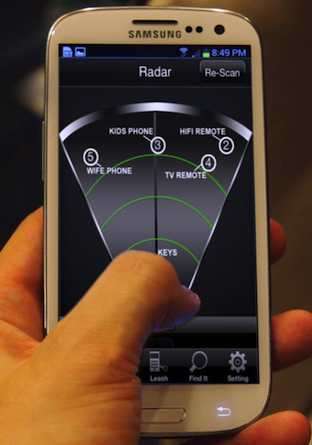
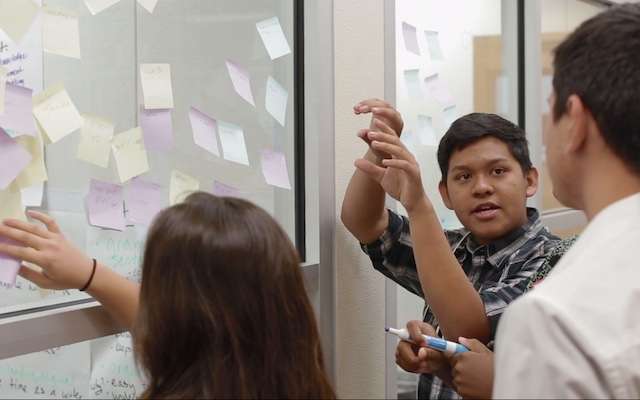
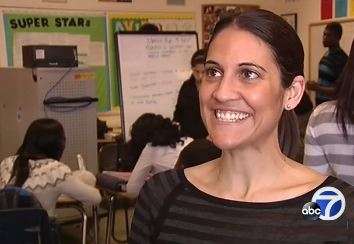






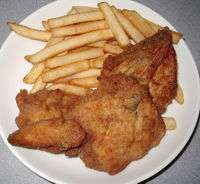

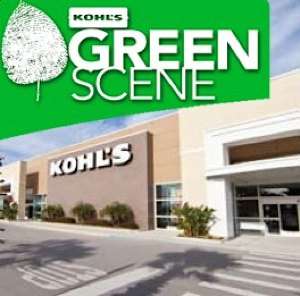
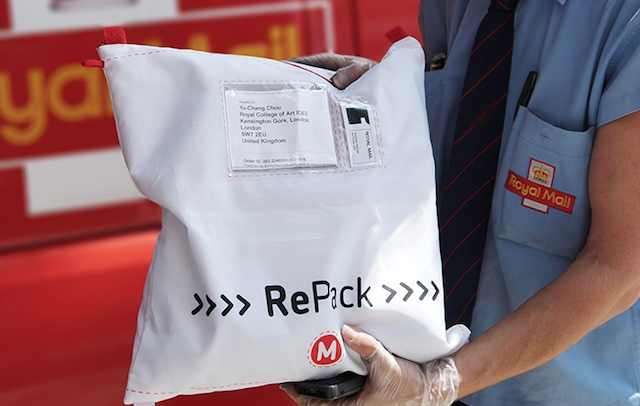
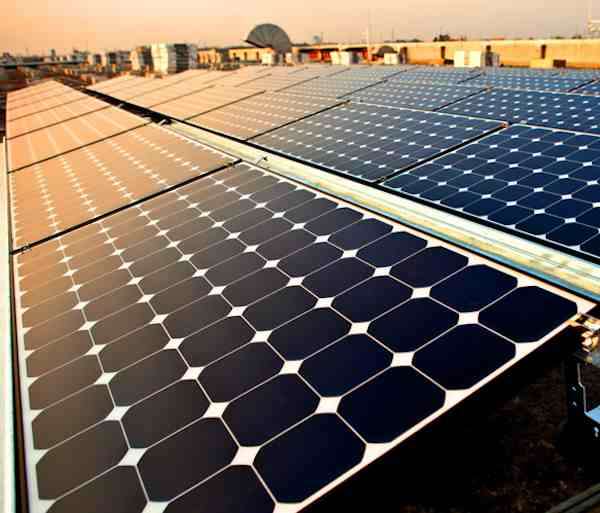

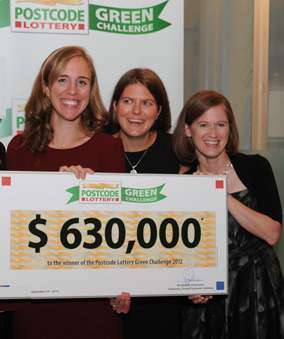


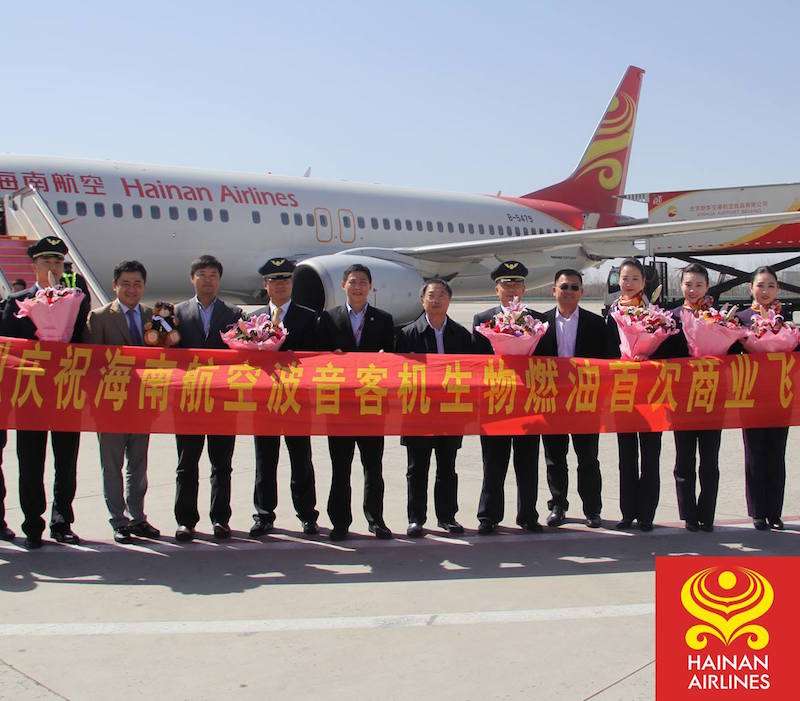
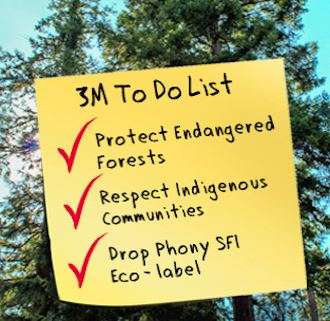
Recent Stories
A Heartfelt Reminder to Appreciate the Ones We Love
Cherish the Woman Who Stands by You
Breaking Generational Cycles of Pain
Living by Your Own Values, Not Others' Approval
When Life Brings Rain, It’s Okay to Rest
Before You Judge Someone's Life, Take a Moment to Walk in Their Shoes.
A Friend Who Spreads Gossip is Not a True Friend at All
The Value of Human Connection Over Digital Convenience
The Quiet Kind of Love
One Day, Your Mom Won’t Call You Anymore
I’ve reached a point in my life...
Happiness is a mindset, a conscious choice we make every day